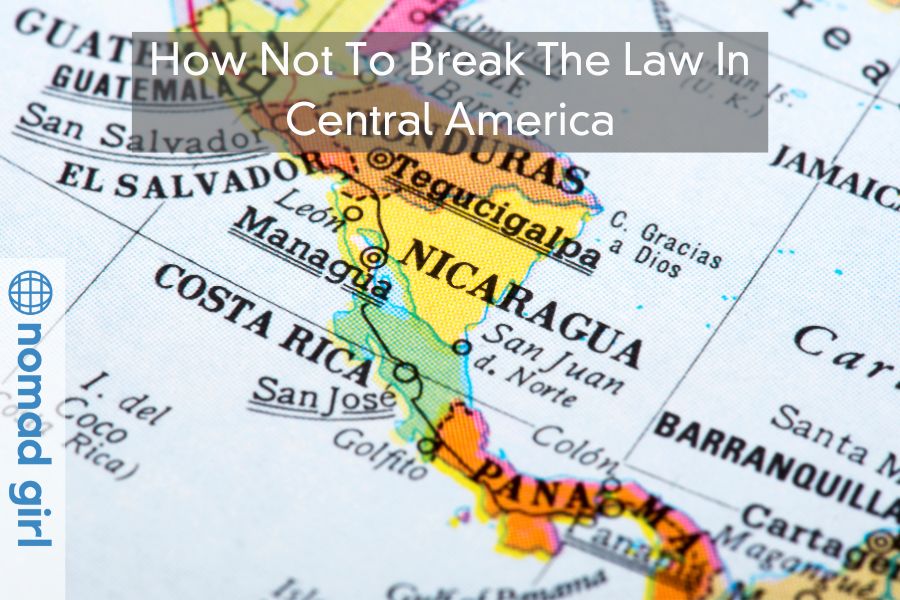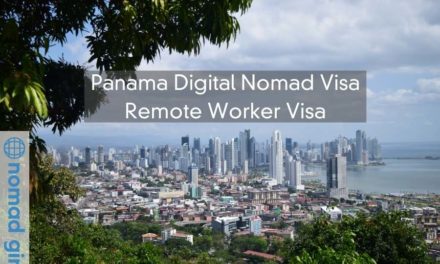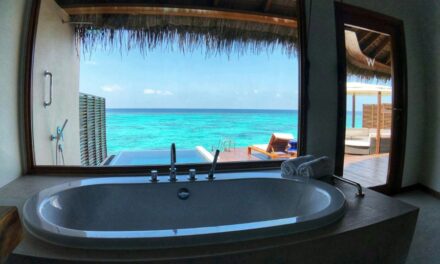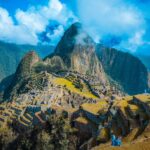No one intends to become a criminal during their trip. You travel to expand your mind, meet new people and see incredible sights. You want to find yourself – and you don’t generally expect this new “you” to be a convict.
Not breaking the law sounds easy. Most of us don’t typically have an urge to do anything illegal. But different countries have different rules and you might stumble into unlawful terrain without realizing.
Central America is known for its stunning coastlines, pristine national parks, unmatched biodiversity and relaxed lifestyle. But it also has some stringently enforced laws and you really don’t want to find yourself on the wrong side of the legal system.
To keep you in Central America’s good books, here’s a compilation of some of the more important laws in the countries that make up the subcontinent:
Belize
- It shouldn’t come as a huge surprise that drug possession in Belize – as in most Central American countries – is a serious crime that can lead to hefty fines as well as possible imprisonment. You don’t need to be a genius to work out that a quick dalliance with some Class A substances is not worth a stint in jail in Belize.
- However, in November 2017, Belize amended its laws to allow the legal use of marijuana on private property – one of the first Central American countries to relax its drug laws. But don’t light up just yet. Decriminalization is not the same as legalisation. There are some important caveats: only ten grams of marijuana are allowed, and it’s still illegal to buy, grow or transport marijuana. So, the question of how exactly you get cannabis onto your property in order to legally smoke it is a bit of a riddle.
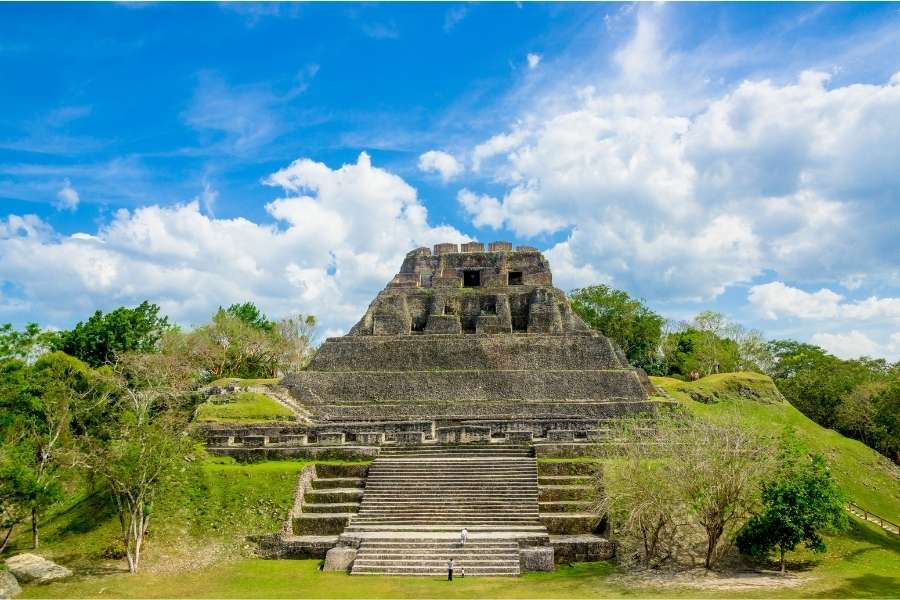
Honduras
- In Honduras, there are severe penalties for drug trafficking. We’re talking 15 to 20 years in a notoriously awful Honduran prison as well as a back-breaking and bank-break fine. Meanwhile, the use of drugs could get you 3 to 9 months in a rehabilitation centre
- Like in many Central American countries, it’s illegal to be without some form of identification in Honduras if you are a foreigner – although a photocopy is acceptable.
- Participating in political activities, including demonstrations, is illegal if you are not a Honduran citizen. Most people don’t travel in order to start a revolution – but in case you were considering it, don’t.
- Importing religious materials is another no-no in Honduras. Keep your relics and shrines at home – they’ll just take up extra room in your rucksack.
- Don’t try and smuggle out any pre-colonial antiques or other artifacts from ancient civilisations. As invaluable remnants of a long-lost society, they’re not exactly up for grabs. The same goes for the flora and fauna – you will find yourself in big trouble if you are caught with any kind of creature or creepy-crawly in your possession at customs.
- Finally – and this is common in Central America – photographing government buildings or facilities is illegal. If you believe this is going to put a damper on your trip, trust us: no one really wants to sit through a slideshow of official state infrastructure.
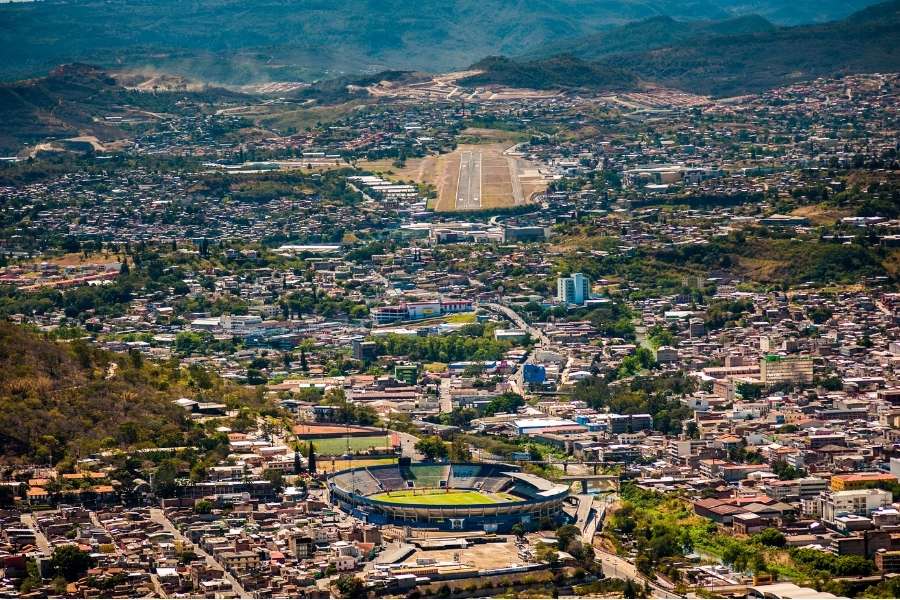
Costa Rica
- In case you thought Costa Rica was the exception to the overall rule, it’s not. Don’t get involved with drugs of any kind. The minimum sentence for possession is 8 years imprisonment.
- Drinking alcohol in public places – such as on beaches and in parks – is actually illegal. Of course, this is largely ignored – how else can you properly live the pura vida way of life? Just be aware that corrupt policemen might extort bribes from you.
- On the other side of the legal coin, you are permitted to drink alcohol and drive. Yes, you heard right. But this is not entirely causing for celebration. If you can drive under the influence, so can everybody else. Secondly, while you can drink and drive, you cannot be intoxicated. Don’t get in the car until you know the difference.
- Don’t take it upon yourself to transport any of Costa Rica’s incredible wildlife back to your home country – they won’t appreciate it and neither will customs.
- It isn’t enshrined in law, but ticos – or Costa Ricans – hate it when people slam car doors. Try and remember this before you flounce out of the cab.
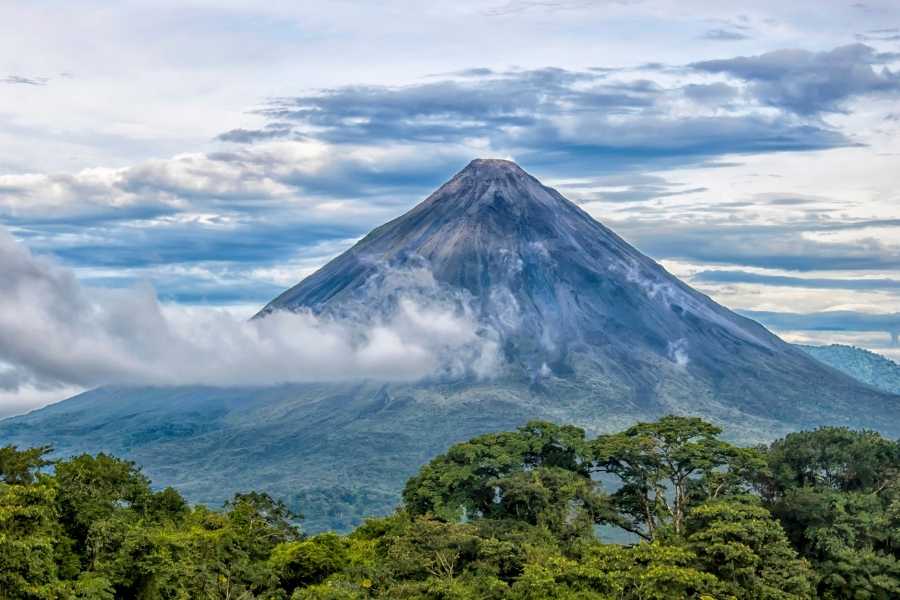
Guatemala
- There are severe penalties for drug use. Guatemalan prisons are overcrowded, violent, and unclean – you really don’t want to end up there.
- Don’t take photos of people without their permission, especially of children.
- In most parts of the country, you should carry a photocopy of your passport for identification purposes. In San Pedro La Laguna, Sololá, local authorities may not accept a copy and may fine or detain you if you can’t produce your original passport when asked.

El Salvador
- Avoid wearing your skimpiest, sexist outfit when travelling around El Salvador – even if it’s swelteringly hot. El Salvadorans are mostly conservative dressers, especially indigenous Mayans. Wear trousers or a long skirt if you’re visiting a religious attraction, and remove your hat.
- Don’t take photos of people without asking, especially children, or of religious ceremonies.

Nicaragua
- We’ve said it once, we’ll say it again: don’t become involved with drugs of any kind. Even possessing a tiny amount can land you in prison.
- There are strict rules around the use of drones and other aerial vehicles. Admittedly, without your drone, you may not get that money-shot, but seriously, don’t attempt to use one unless you have official permission.

Panama
- The legal drinking age in Panama is 18 – strictly enforced in Panama City, but pretty much ignored everywhere else.
- Carry identification. There have been cases of travellers having to spend the night in prison because they couldn’t show proper ID.
- Keep your shirt on. It’s illegal for men and women to walk around topless, even if the beach is just around the corner. If you do, the police are likely to stop you, even if you have the abs of a pro-athlete.
- In Panama, you are guilty until found innocent. If someone accuses you of a serious crime, you will be imprisoned, most likely for several months before you see a judge. So, firstly, don’t commit a crime. Secondly, stay away from dodgy activity. If you are with someone who is doing something illegal, you may well find yourself in trouble too.
- Drug laws in Panama – like elsewhere – are strict. Extremely strict. If you are found with drugs on you – or believed to have been involved in drug-related activity – you can expect to find yourself in prison, often for years, before trial. And many lawyers don’t even consider accepting drug cases because of the almost 100% conviction rate. Embassy officials will be able to do very little – most likely just inform your family. The outlook is pretty bleak – so just don’t.

This list is far from exhaustive. Research your individual destination before travelling so you can stay clued-up on the legal minefield that is Central America. But a few laws that you can safely assume you should observe: don’t do drugs, don’t smuggle out wildlife, don’t photograph people or important buildings, steer clear of political activity, and carry identification. And if you’re wondering “how am I supposed to have any fun?”, you may need to reconsider the reasons for your trip.


